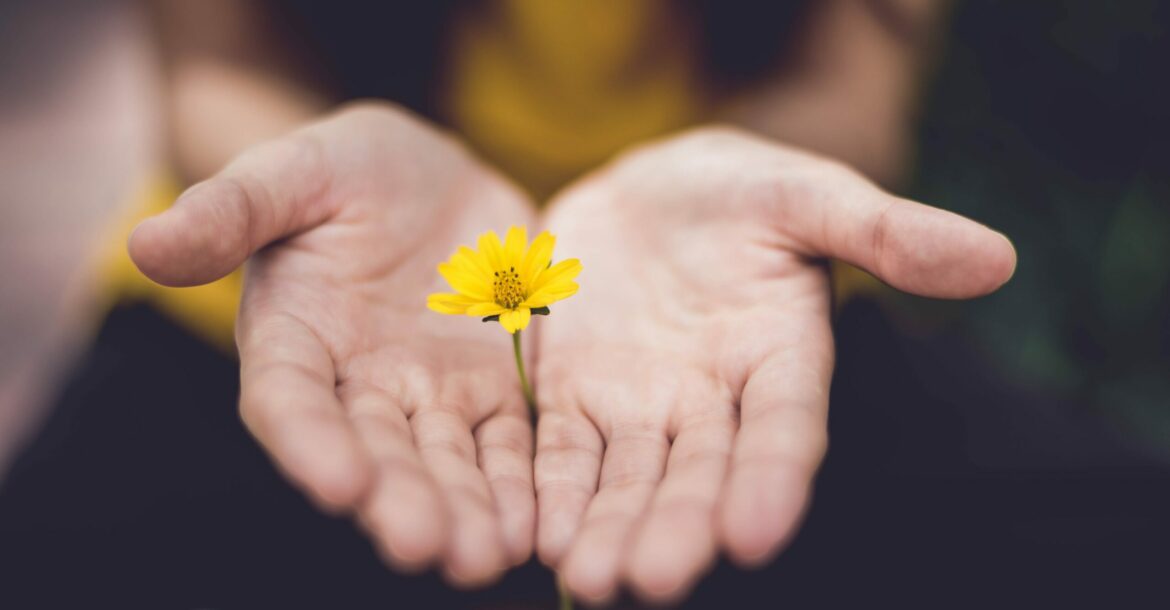Mindfulness is the act of being an observer of the self, nonjudgmentally, in the present moment where real life happens. We often move from one thing to the next without pause, and by the end of the day, we are so exhausted, we forget what happened or numb out to dissolve the day’s worries and stresses. The reward for numbing out is that we do not have to feel so deeply, get lost in feelings, or analyze the events of the day.
Living in Our Subjective Experience
Living without stopping to pause can be detrimental to us as we do not grow or heal when we are not paying attention. The harm caused is ungroundedness, stagnancy, stuckness, resentment, hopelessness, depression, and anxiety. When we experience these, we may struggle to find the answers to our questions because we are not sitting still long enough to see what is in front of us in the here and now.
Feelings have a way of hijacking our days. They provide a cloud above our heads that we cannot get rid of. Feelings can filtrate our entire body, causing us to not only feel bad on the inside but also color the situations of the day in a light that may also be clouded. Living this way leads us to think more negatively about our experiences, which may not always be true or objective. Mindfulness comes in handy when we are in a reactive state. Practicing mindfulness can help us become more responsive to situations versus reacting to them.
Mindfulness Can Be a Gateway To Your Soul
Mindfulness is a tool to begin identifying what we are feeling and experiencing, but also to help bring us closer to the moment in front of us, allowing us room to be in the spaces of the now when things generally are not happening to us at that moment. Being mindful allows us to have conscious thoughts, not thoughts lost in feelings.
It also opens the doorway to awareness, where we attune to our world, the people in it, and the situations we experience. Awareness is living with knowing what feels right and not. It is paying attention to our intuition and being aware of the decisions we make. Through awareness, we can connect to ourselves, which makes our connection with others stronger and deeper. There is more reflection and pause in our days, more ease and grace, and more understanding of ourselves and others.
Mindfulness as a Spiritual Practice
Mindfulness is also a way to become an observer of your life as a spiritual practice, learning how to stand apart from the subjective experience and understand that you have a body with a soul. We are here in this current life to experience and feel, for the soul to elevate and expand. When we practice mindfulness, we can learn to become the observer self. One that observes what is happening around us and within us. What is within our head, body, and heart as if we are outside of our body looking down.
We also learn to detach ourselves from the situations and begin to learn how to respond versus react. It is a way to be in your experience, not immersed in it, so the experience does not take over your life.
We are also able to see different perspectives when practicing mindfulness. We learn that living here with all our experiences is here for us, and we also learn how to have that objective view so we can have more discernment when it comes to making decisions.
Mindfulness is helpful when you are in conflict or stuck in a subjective experience.
The goal is to become mindful enough to be objective about whatever you are experiencing. It allows you to be conscious about the choices you make, and the ways you respond to your life, to yourself, and others.
Think about this: If we could all practice mindfulness, how much better would the world be?
Written by: Jamie Kruse
At the end of the month, we will be offering an Introduction to Mindfulness Workshop for those who want o learn more about what mindfulness is and how to build a mindful practice.

